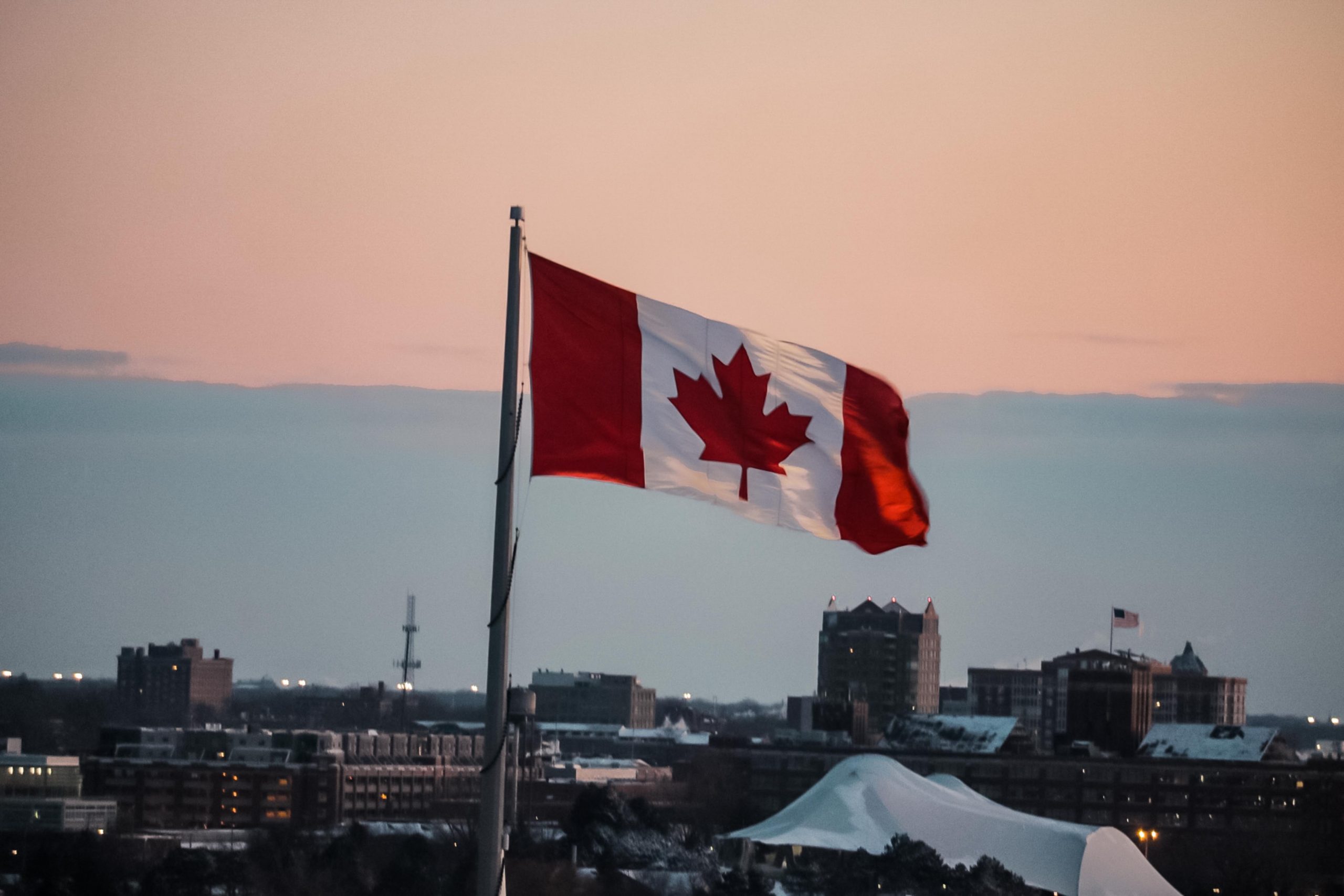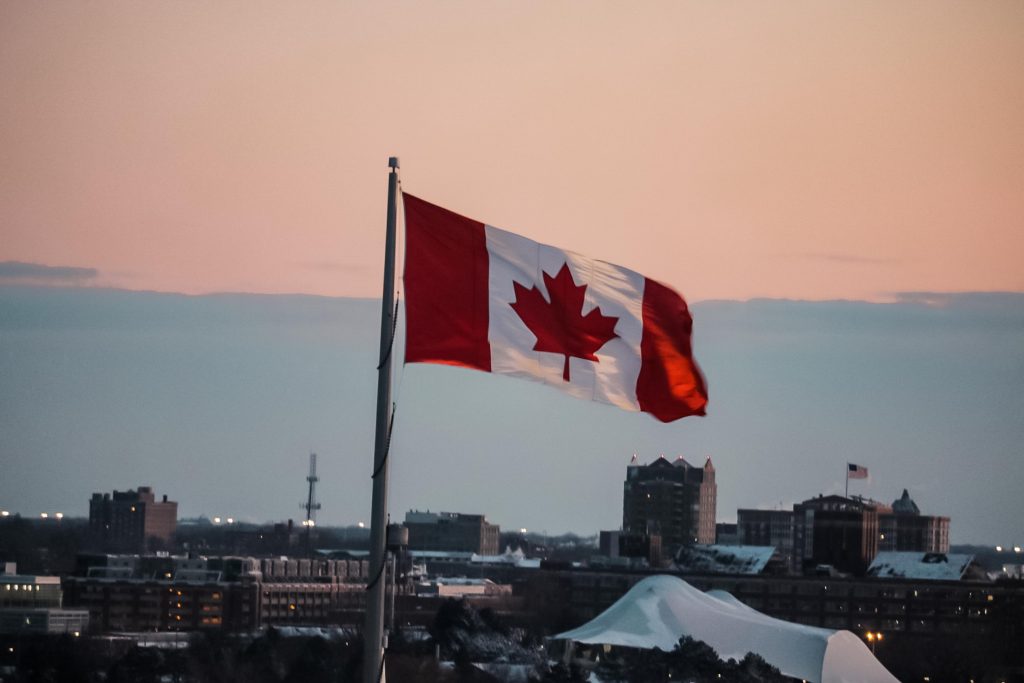Table of Contents
ToggleCanada is regarded as a top location for international education and accepts approximately a fifth of its students from different nations all over the world. The leading institutions in Canada offer top-notch educational resources and boost student life in the stunning country. Over 500,000 students are drawn to this idyllic country each year because of the better professional opportunities, cultural diversity, energetic cities, and good quality of student life in Canada.
The quality of education, tuition costs, housing costs, city and social life, culture and languages spoken, and food is all important factors in the lives of international students in Canada. This blog serves as a complete resource for learning about all aspects of student life in Canada.
International Student Life In Canada
Canada is a developed, multicultural, and diversified country. American and European cultures have a significant influence on Canadian culture. Canada is an immigrant-friendly nation and embraces the influence of many cultures from around the world. Canada’s culture, which is supported by its tolerance, respect, and focuses on the community, is known as “the just society.” In general, Canadians value and stress each individual’s contribution to their community.
The many must-attend extravaganzas in Canada include the Montreal Jazz Festival, Winterlude, Celebration of Light, and Pride Toronto, to name just a few. This is a country with beautiful landscapes and eternally optimistic people. Both ice hockey and the well-known maple syrup are uniquely Canadian. Student life in Canada is particularly enriching since Indians share a spiritual bond with Canadians. You will undoubtedly appreciate Canadian culture.
City Life In Canada
Canada offers much more than just the urban lifestyle. The only way to survive in Canadian cities, where the typical workweek is 35 to 40 hours, is to find work-life balance. The majority of Canadian institutions accept students to work part-time employment as long as they have the necessary work licences. However, there are some limitations, such as a 20-hour maximum weekly work limit for students. This may be merely a means of controlling your spending while living a student life in Canada.
Most Canadians are observed to enjoy theatre, dining, the Omnimax, Chinatown, gigging, the Gay Village, bars, and clubs. The unspoken traditions that everyone experiences when studying abroad in Canada include poutine, bannock, butter tarts, and lobster rolls from Nova Scotia. Canadian cities are vibrant, forward-thinking locales that are ideal for a student’s experience in Canada.
Everyday Student Life In Canada
When it comes to recreational pursuits, Canada is your destination. Instead of staying indoors all day, Canadians have frequently seen cycling, curling, reading, riding horses, bowling, golfing, walking, skating, hiking, cooking, skiing, and swimming. A foreign student’s life in Canada develops into a joyous experience with countless recreational activities.
The abundance of natural beauty in Canada, including Lake Louise, Banff National Park, Big Muddy Badlands, Red Sands, Cathedral Grove, and many others, goes hand in hand with the country’s philosophy of living life to the fullest. Typically, Canada’s beauty is enhanced by its chilly temperatures and frequent downpours. You can take a break from your hectic schedule while visiting this tranquil country and spend some time admiring nature.
Weather In Canada
Nearly all Canadians reside near the southern border, where the climate is warmer despite the fact that the northern section of the country is extremely frigid and summer only lasts for a little over two months. The summers are hot and muggy. In the summer, highs are around 79°F, while in the winter, they are 32°F. Every month, on average, there is rain. For Indian students, the weather makes living in Canada more peaceful.
Language Spoken In Canada
Canada is more than just maple syrup and overly courteous people, though. The ten provinces of Canada are likewise well-versed in linguistic diversity, with major cities like Toronto and Vancouver teeming with speakers of various tongues. It should come as no surprise that English and French are the two most extensively used languages in Canada.
But did you know that 67 different Aboriginal languages are currently spoken in Canada? Or that the third-most-used mother tongue in the world is Mandarin? Or that more Canadians are becoming able to communicate in languages other than English or French? Or that the fastest-growing language in the country is Tagalog? Crazy, right?
FAQs
1) Is Canada Good For Indian Students?
Indian students are known to frequently study in Canada. It is without a doubt one of the safest places to live and study, coming in at number 10 on the Global Peace Index for 2021. University living in Canada is a pleasure thanks to the tremendous care that Canadian colleges take to ensure the safety of their students on campus. For Indian students, studying in Canada is a dream come true.
2) Can students earn in Canada?
Students who are enrolled full-time are permitted to work in their universities without a work permit. While enrolled in classes, international students are permitted to work up to 20 hours per week, and 40 hours per week while on break. They can make between 8 CAD and 10 CAD per hour.
3) Can I Take My Family To Canada While Studying?
Your spouse or common-law partner, as well as any dependant children, may travel with you to Canada. They might be qualified for a visitor visa, a work or study permit, or both. When you submit an application for a study permit, you must do so online.
4) Does Canada Give Student Visas Easily?
Getting an acceptance letter from a Canadian university may make it appear like the challenging part is finished. But the reality is that obtaining a study permit for Canada might be far more difficult than you might imagine. About 30% of all applications for study permits are turned down, according to figures from the IRCC.
–
If you liked reading this blog on “Student Life In Canada: A Comprehensive Guide For International Students” then make sure you check out our other informative blogs linked below!


















1 thought on “Top PGDM Courses In Canada: Universities & Eligibility”
I have done Bachelor’s in Culinary Arts from India and completed my graduation in the year 2022 .I am 22 years old. After graduation, I have done 1 year paid internship from USA .Now, I would like to take occupational experience and learn culinary skills and also do masters in Culinary arts.How can I find the college n best course / country where I can persue studying further